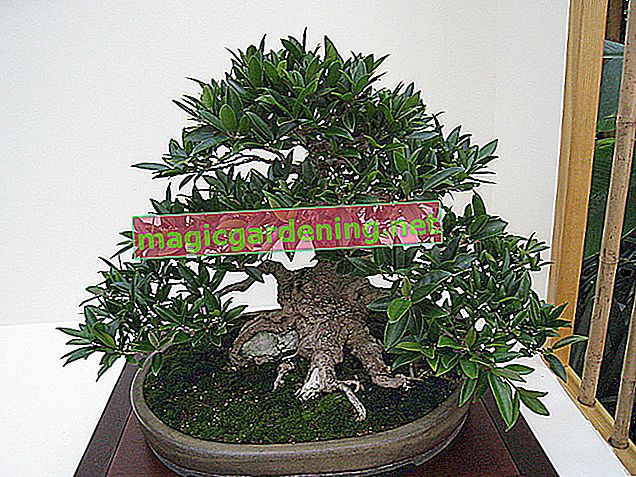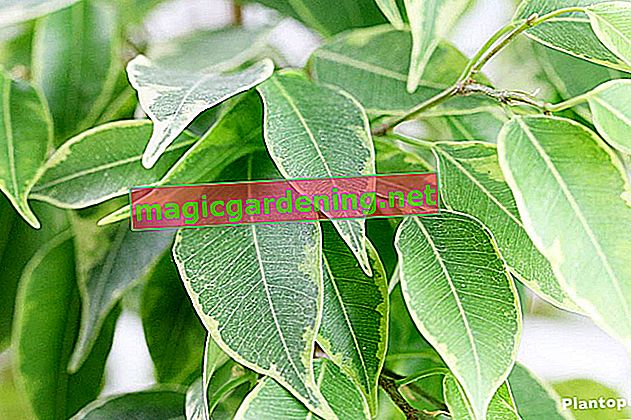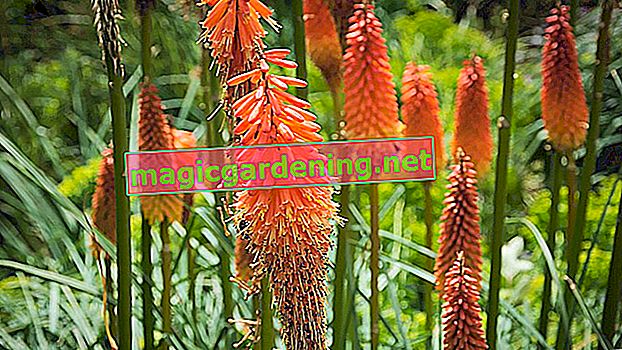
Why is wood sorrel considered a weed?
The wood sorrel, which comes from the wood sorrel family, is extremely stubborn, willing to survive and able to reproduce. Once it has settled and enjoyed its location, it is difficult to remove.
also read
- Horn sorrel - edible, but not always healthy
- Wood sorrel - not only edible, but also healthy
- How poisonous is the wood sorrel really?
The horned sorrel is especially known for its ability to resist and is hated by many gardeners. Although it is only annual, it survives in the soil with the help of root runners. In addition, it spreads broadly with its seeds (a sophisticated centrifugal mechanism), which are easily germinable.
Other reasons why the wood sorrel is low on the popularity list is that it is poisonous and can be dangerous for grazing animals such as sheep and goats. In addition, it displaces the otherwise highly competitive grass without asking.
How to recognize the weed
The wood sorrel can be easily distinguished from other plants and can be identified using the following characteristics:
- dark green, clover-like leaves
- white, pink or yellow (horned sorrel) flowers
- Flowering period from April to May, June to October (horned sorrel)
- bulbous fruits
- low growth (5 to 15 cm high)
- sour taste of the leaves
- likes to grow in shady locations
A weed that tastes good
Besides being bothersome, these weeds are edible. It tastes sour and fruity and has a refreshing effect. If you tear out the wood sorrel, you can then consume it with relish, for example in a salad dressing or in a soup.
A weed that helps to be healthy
But sorrel is not only edible. The summit: it is actually healthy and extremely medicinal! Among other things, it has an antipyretic, anti-inflammatory, appetizing, slightly laxative, blood-purifying and diuretic effect. With this spectrum of activity it can be used for:
- rheumatism
- Liver disease
- Gallstones
- Loss of appetite
- flu-like infections
- Kidney problems
- heartburn
- Worms
Tips
These weeds cannot usually be eliminated successfully by ambitious weeding or herbicides. The control procedures are usually necessary for several years until the herb is completely eradicated in its place.








